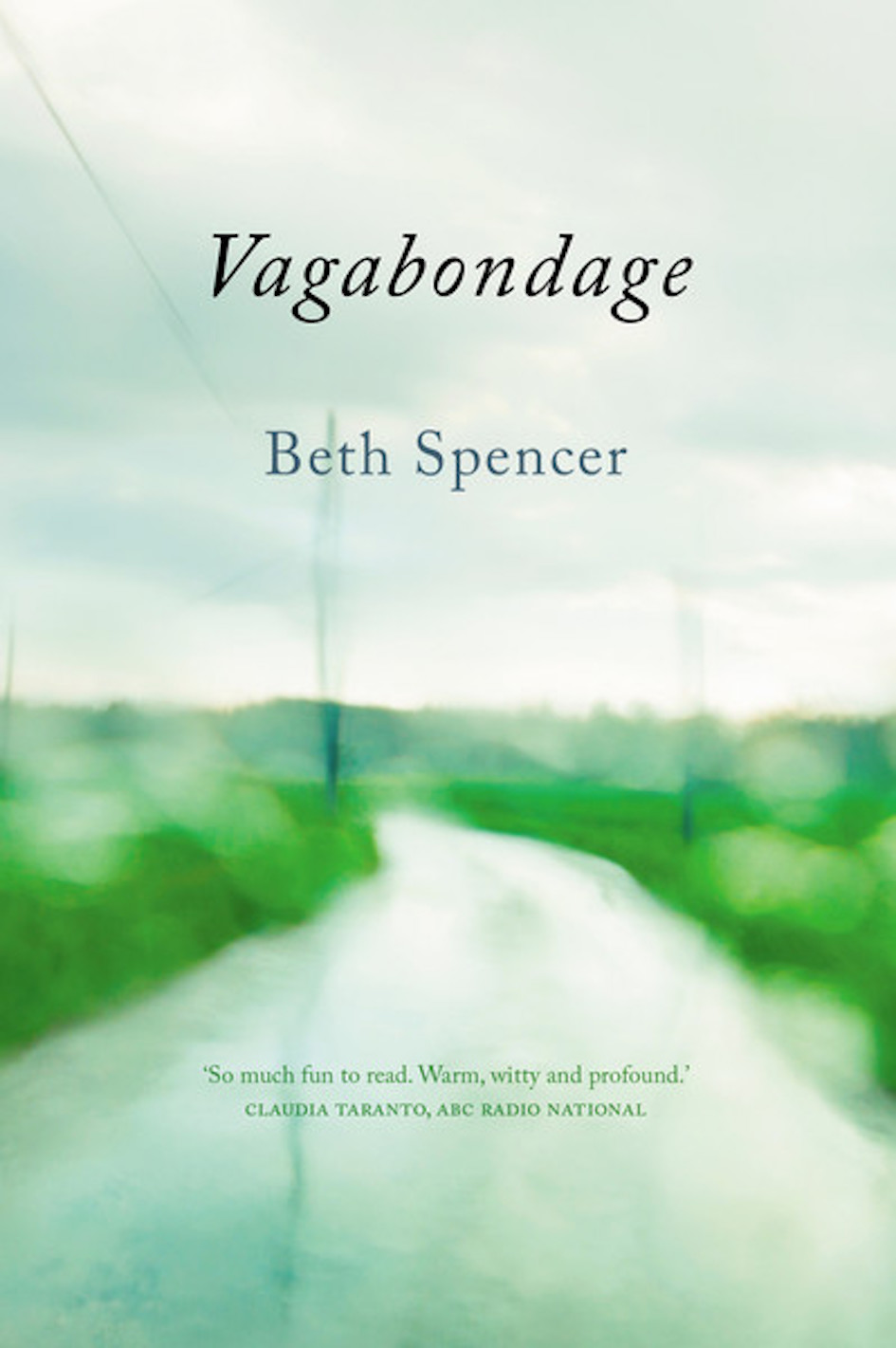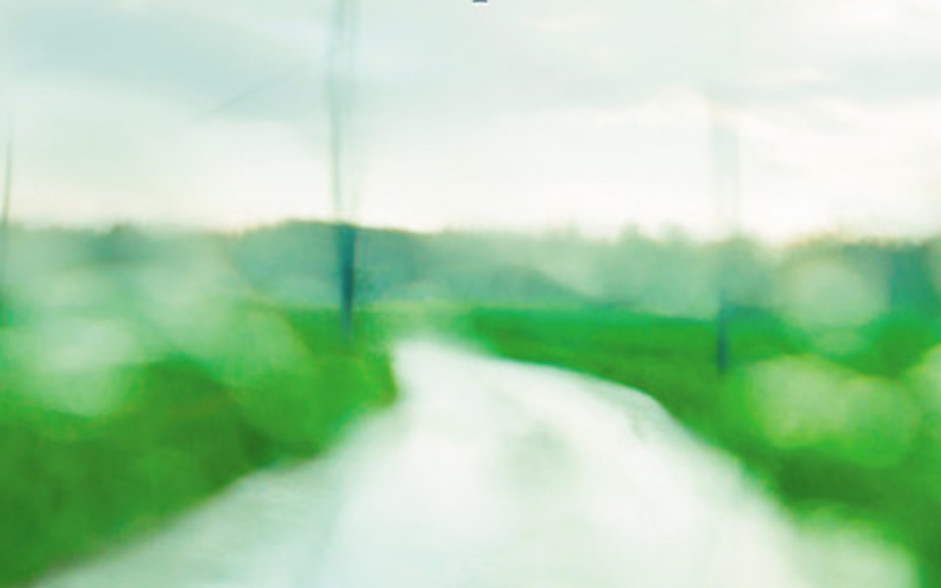Some of the greatest poetic adventures are tales of journeys. Classical epics like Homer’s Odyssey, or Virgil’s Aeneid, Dante’s vast religious descent The Divine Comedy, Coleridge’s grim and nightmarish The Rime Of The Ancient Mariner, to mention but a few, all thunder grandly over mighty and desolate landscapes; life and death, Gods and men, guilt and mercy.
Beth Spencer’s Vagabondage does not do that. Rather, it lightly traipses, it tentatively tends, and incautiously, unexpectedly, blooms. It falls like a brief spring rain and leaves dancing sunlight. The idea of an epic journey has become so hackneyed that every road movie, every travel journal, every mundane career, is couched in terms of a personal odyssey, every minor encounter a tribulation, every sojourn a battle with monsters. This journey makes no such pretense.
Vagabondage is defined as;
The state of being stateless.
In servitude to nomadism.
Bound for somewhere.
Each page is a moment of insight as Beth takes us with her on her journey as she sells her small well-loved cottage in a Victorian country town and sets out for a year as a nomad in a small camper van. That sounds deceptively simple, and while the language is measured, conversational yet with a pure clarity, with a simple elegance like seashells carefully arranged on the sand, like seashells each presents sworls and layers, details that draw you into that life.
Leaving this house
Leaving
is like breaking something
not a single crash smash on the floor
but a long drawn out rugged
exhausting
tearing asunder
God is in the details
as I pick them apart
The fine bones
The hush
I remember that first time
unbidden
I heard it,
as I was outside walking
with my cup of tea
singing
‘I love my house and garden’
(a frequent refrain)
and there it was
and it loves you
And I felt the pulse of it all,
strong and steady.
It is a story of departures and not belonging, a memoir told in glimpses and moments, and we share the author’s anxiety as weariness sees her seeking a new life, the disappointments and joys of finding that place, a place of one’s own, and how after some years, recovering, growing restless, the urge not so much to seek something new, but to leave so much of the past behind.
My garden, my sand mandala
In the town hall the visiting monks
trickle coloured sand
for days
in delicate, intricate patterns
And when it is perfect, spectacular,
they take out their soft fine brooms
and sweep it up
We join her on the road, as she leaves that life too, encountering memories on the way, the peculiarities of the road, the occasional fickle fellows, exasperating companions, wry, observant, poignancy, gentle humour, sometimes a sense of danger, more often inconvenience and so much more in so few scattered words. It seems a miracle, a revelation, that out of moments of disparate experience, emerges a whole tale. The road it seems is not the narrative, but rather, what we bring with us, the people, the places between, the destinations, on the way perhaps to discover that home is as simple as a song and a cup of tea.
Until very recently the world was wide and empty and filled with mystery, it was a simple thing then for a poet to traverse the unknown. It was Sartre who said Hell is other people. In a world reduced to the venial exploring the I, the contemplative, has been, at least in the wider discourse, dismissed as irrelevant, often as a subject of ridicule. And yet the lament of people now is that they spent lives watching, indulging, working, buying, not contemplating, listening, dwelling, discovering, creating.
Perhaps Sartre now in this needs to be reinterpreted – Hell is terra incognita, terra incognita is other people. it is in that undiscovered country, that empty space that we may find ourselves. Beth Spencer’s Vagabondage takes us on that journey. In many ways a story of renewal. Beyond the prosaic usage, perhaps an odyssey after all.
An animated interpretation by UWA students of Beth Spencer’s poem Wild Things 2, from the book Vagabondage.
You can follow Beth Spenser here on Facebook.
Follow her blog at bethspencer.com
You can read more about Vagabondage here at UWA Press.
Like me, you may find yourself returning to it for a moment of joy or sadness or amusement on the road in another life again and again.
Poems © Beth Spencer


